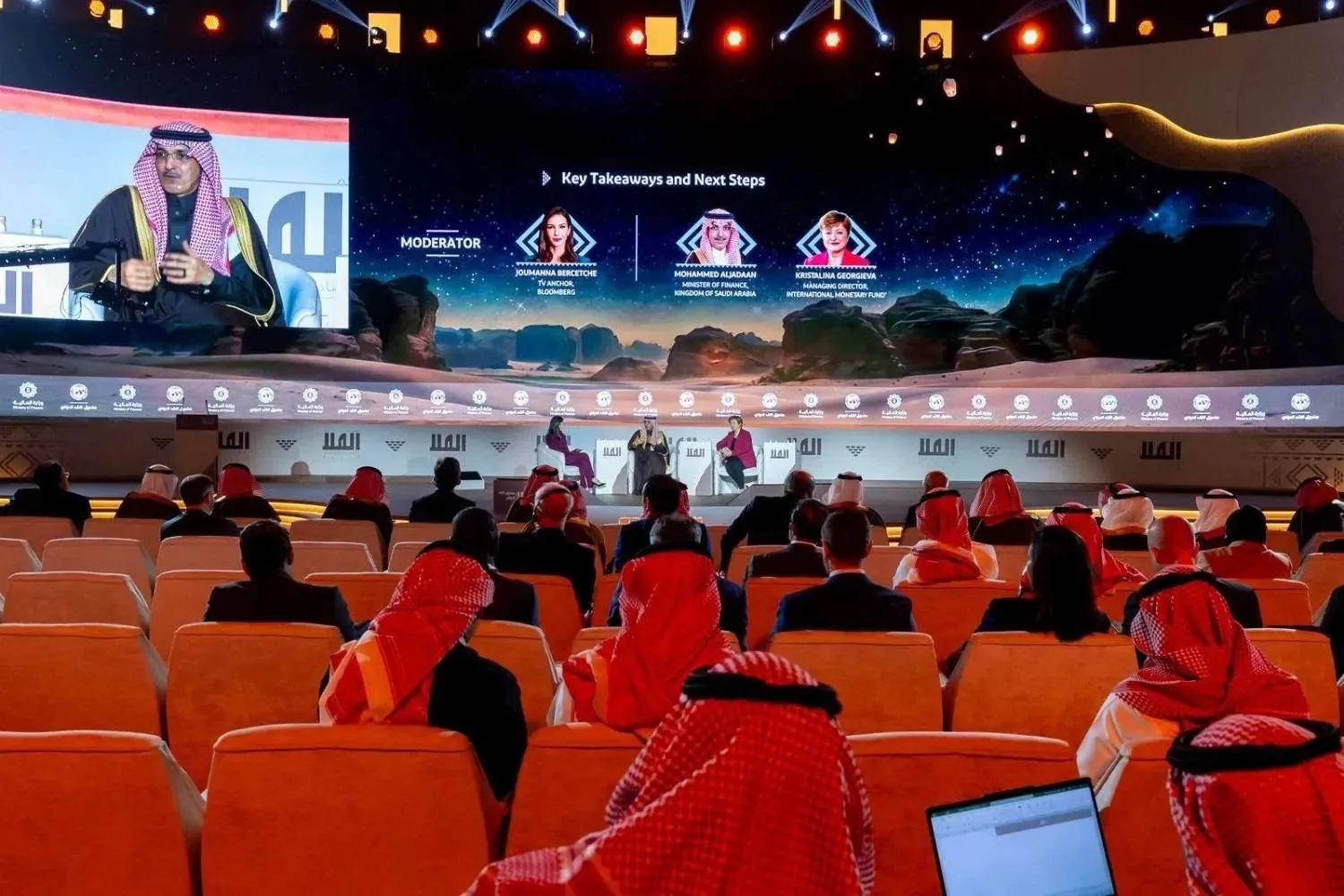Iraq's oil revenues in 2022 exceeded $115 billion, according to preliminary figures announced by the oil ministry on Tuesday -- a four-year high following a collapse in prices during the coronavirus pandemic.
Oil production accounts for some 90 percent of Baghdad's income, and the country is the second largest producer within the Organization of the Petroleum Exporting Countries (OPEC).
"The total revenue from the export of crude oil for the year 2022 amounts to more than $115 billion," Minister for Oil Hayan Abdel-Ghani said in a statement.
The country exported more than 1.2 billion barrels in 2022, averaging 3.3 million barrels per day, according to the statement.
With a near total reliance on oil revenue to fund state spending, Iraq was hit by a collapse in prices at the beginning of the coronavirus pandemic.
From $78.5 billion in 2019, oil revenues fell to $42 billion in 2020, according to official statistics. By 2021 they had risen back up to $75.6 billion.
Following decades of conflict Iraq, faces chronic economic challenges and requires significant investment in infrastructure projects, making oil revenues and prices per barrel crucial data for Baghdad's preparation of annual budgets.
Despite its oil riches Iraq, home to 42 million inhabitants, faces an energy crisis that sees regular power cuts and damaging electrical surges, known as load shedding.
Neighboring Iran provides the country with one-third of its gas and electricity but deliveries are frequently interrupted, further aggravating the already-daily instances of load shedding.
Last month the World Bank warned that Iraq, battered by climate change impacts from drought and water scarcity to rising temperatures, must diversify its economy and invest $233 billion by 2040 to embark "on a green growth path".









